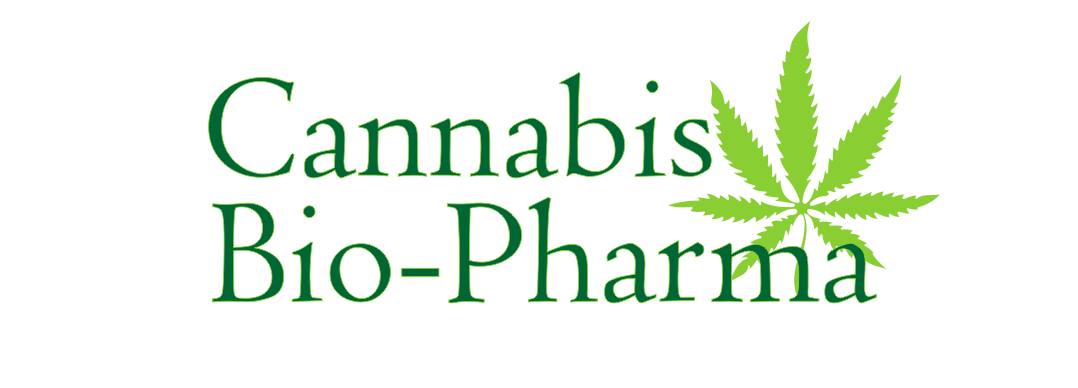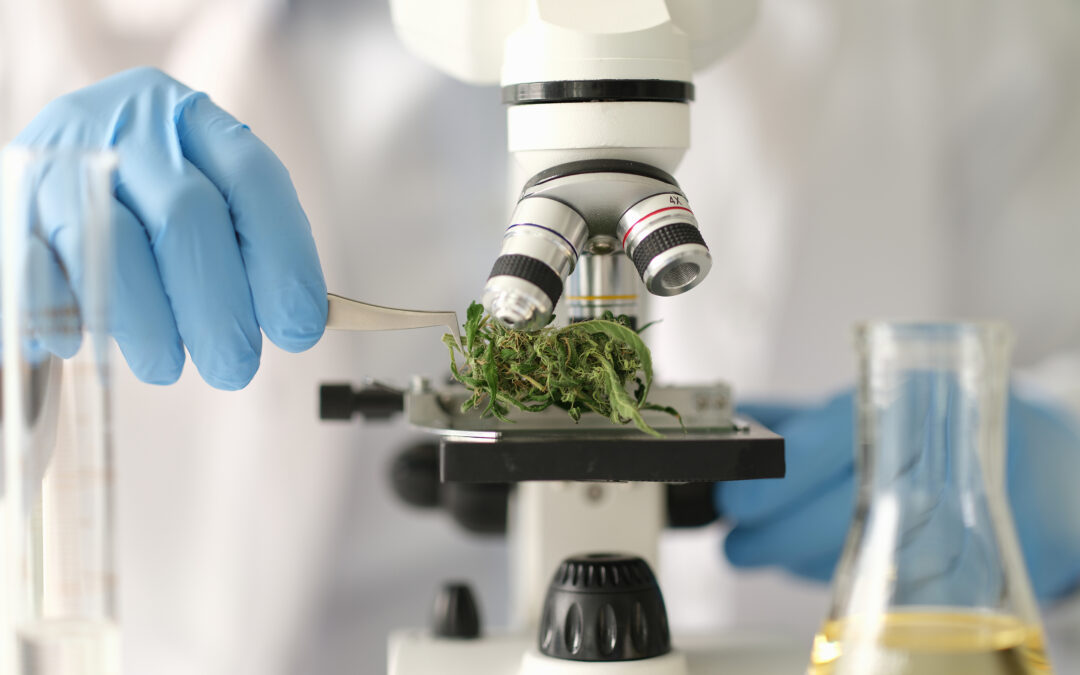The rise of CBD (cannabidiol) in the world of health and wellness represents a remarkable breakthrough, particularly for individuals who can’t tolerate or prefer to avoid traditional pharmaceuticals. CBD’s non-psychoactive nature, coupled with its potential therapeutic benefits, is transforming the way we approach alternative medicine.
Understanding CBD’s Non-Psychoactive Nature:
One of the most important distinctions between CBD and its cousin, THC (tetrahydrocannabinol), is that CBD is non-psychoactive. This means that it doesn’t induce the “high” associated with marijuana. While THC binds to the brain’s cannabinoid receptors, triggering a cascade of psychoactive effects, CBD interacts differently with these receptors. Instead of altering perception or cognition, CBD appears to influence the endocannabinoid system to promote balance and homeostasis.
The Breakthrough Potential of CBD:
CBD’s non-psychoactive nature is at the heart of its breakthrough as an alternative medicine:
- Pain Management: CBD is being explored for its potential to alleviate chronic pain, making it a non-addictive and safe option for those suffering from conditions like arthritis, fibromyalgia, and neuropathy.
- Anxiety and Stress: CBD’s anxiolytic (anxiety-reducing) properties make it an appealing choice for individuals looking to manage anxiety and stress without the side effects often associated with pharmaceuticals.
- Sleep Disorders: CBD has shown promise in improving sleep quality and addressing insomnia, providing a more natural alternative to sleep medications.
- Inflammation and Autoimmune Diseases: CBD’s anti-inflammatory properties are being studied for their potential in managing autoimmune conditions such as rheumatoid arthritis and Crohn’s disease.
- Epilepsy and Seizures: CBD has gained FDA approval for the treatment of certain rare forms of epilepsy, demonstrating its efficacy in seizure control.
- Mood Disorders: CBD’s potential to enhance mood and well-being is being researched, offering hope for individuals dealing with conditions like depression and PTSD.
- Neurological Conditions: Studies are ongoing to determine CBD’s effectiveness in managing neurodegenerative diseases like Alzheimer’s and Parkinson’s.
A Safer Alternative for Many:
One of CBD’s most significant advantages is its favorable side-effect profile. Pharmaceutical medications often come with a range of adverse effects, some of which can be severe. CBD, on the other hand, is generally well-tolerated, with reported side effects being mild and infrequent.
Personalized Medicine with CBD:
CBD’s non-psychoactive nature and versatility make it an attractive choice for personalized medicine. People can adjust their CBD dosage and method of consumption to meet their specific needs, and healthcare professionals can tailor treatment plans to individuals more effectively.
The Future of CBD as Alternative Medicine:
CBD’s non-psychoactive properties open doors for individuals who have struggled with the side effects or risks associated with pharmaceutical medications. It represents a transformative approach to wellness, offering a range of benefits that can be harnessed safely and effectively. As research continues and public awareness grows, CBD’s role as a groundbreaking alternative medicine will only expand, providing hope and relief for countless individuals seeking holistic solutions for their health and well-being.

